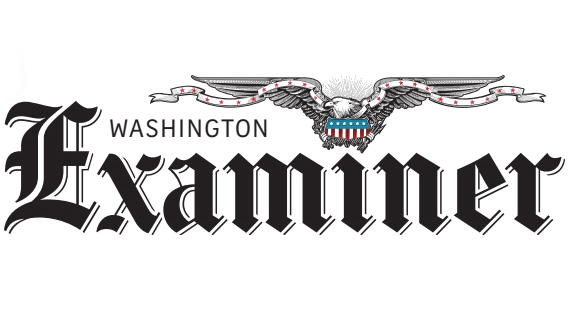This piece originally appeared in the Washington Examiner on September 15, 2020.
What do Steven Pinker, David Frum, Margaret Atwood, and Noam Chomsky have in common? They all fear a culture of shame and silence is threatening free speech.
Next month, Harper’s Magazine will publish “A Letter on Justice and Open Debate” in its October issue. It already made waves online this summer. Over 150 prominent authors from across the political spectrum warned that “the free exchange of information and ideas, the lifeblood of a liberal society, is daily becoming more constricted.” A few days later, Bari Weiss, a New York Times opinion editor and writer, resigned via a public letter criticizing the “illiberal environment” that one colleague called the “new McCarthyism” at the paper.
Cancel culture has become a potent weapon used by activists on the Left and the Right against their political opponents. Express an opinion they disagree with? They’ll try to get you fired. If you run a business, they’ll urge a boycott of its products or services.
The right to organize and encourage boycotts is protected by the First Amendment, of course. But overuse of this tactic creates a hostile environment for free expression. Social media combined with our polarized political climate is causing more people to self-censor. Supporters of free speech should defend differences of opinion.
This illiberal trend is troubling enough. What makes it far more alarming are new laws that provide fuel for the fire. Some of these laws force groups to expose their donors even when they haven’t spent any money to support the election of any candidate. Others force groups to name their donors directly on their messages and sometimes, amazingly, even force them to name their donors’ donors — people who never even gave to the group.
These laws that expose the identities, addresses, and employers of people who take part in politics make cancel culture much more dangerous. And increasingly, the threat isn’t just to those backing controversial or unusual causes. In today’s climate, even supporting candidates as mainstream as Democratic presidential nominee Joe Biden or President Trump can provoke calls for firings and boycotts.
When we discourage citizens from supporting the causes they believe in, we make our country weaker. Democracy doesn’t work without deliberation. Laws that expose the personal information of donors will discourage people from contributing and will cause groups to stay silent. That deprives us of information on vital public issues.
These laws have two other huge flaws. First, states often require donors who give as little as $50 to be publicly reported with their contribution, home address, and sometimes occupation or employer. Even the federal threshold of $200 is far below the sort of large donation that might warrant public scrutiny.
Second, all the contributions appear online. A donor who gives $20 each month will reach the $200 federal threshold in 10 months. Back in 1979, you could only find such a small donor in a filing cabinet at a government office. Now, it’s online and searchable. Forever.
Legislatures should resist calls to force groups to disclose their backers, and courts should strike down laws that violate our privacy if we join a group. After all, the First Amendment protects the “right of the people peaceably to assemble.”














